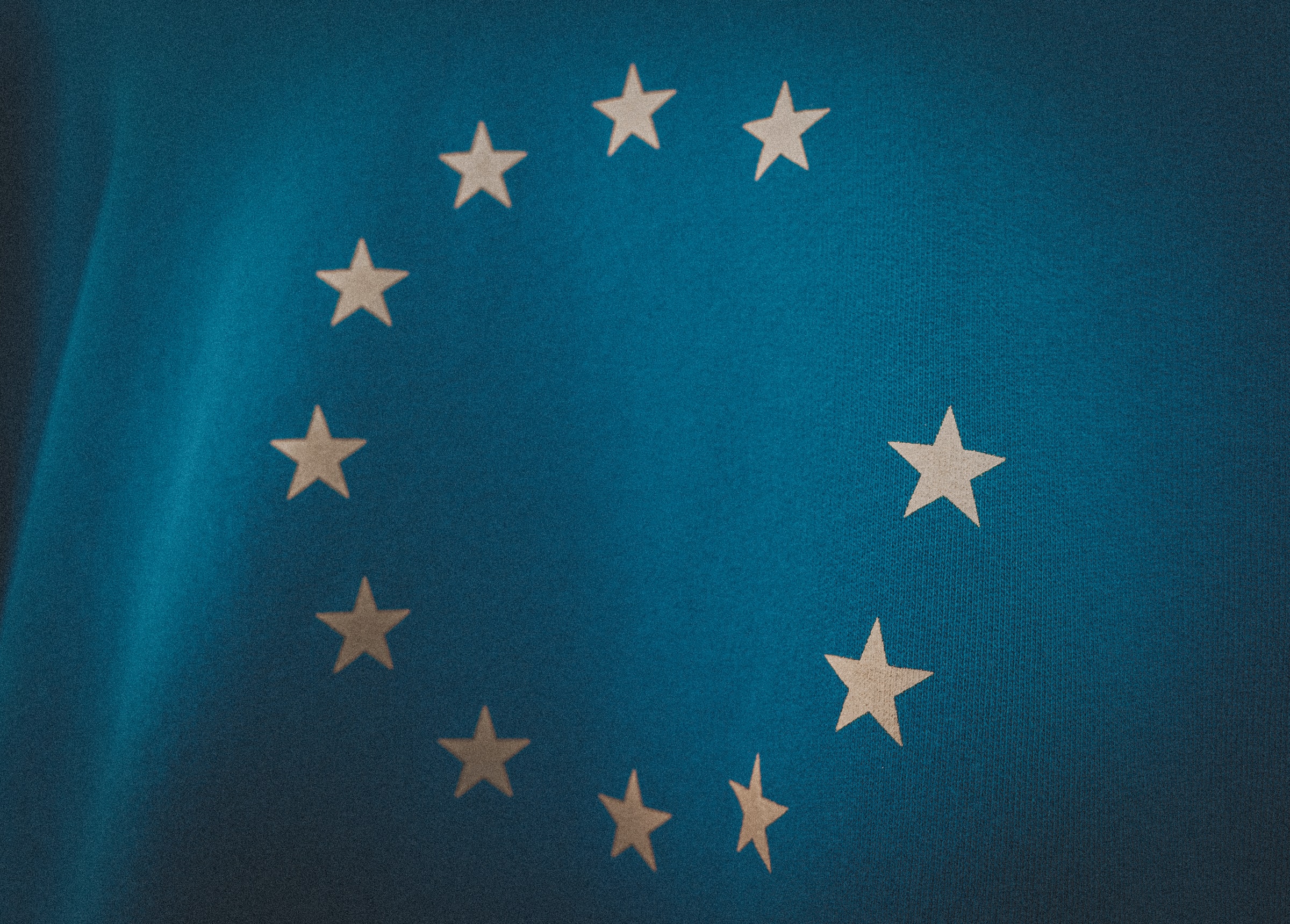
A three-year investigation by the UK Information Commissioner’s office has cleared Cambridge Analytica of electoral interference.
Cambridge Analytica was accused in March 2018 of using AI tools and big data to influence the results of the Brexit referendum and the US presidential election. Most objective observers probably felt the case was overblown, but it’s taken until now to be confirmed.
“From my review of the materials recovered by the investigation I have found no further evidence to change my earlier view that CA [Cambridge Analytica] was not involved in the EU referendum campaign in the UK,” wrote Information Commissioner Elizabeth Denham.
Cambridge Analytica did obtain a ton of user data—but through predominantly commercial means, and of mostly US voters. Such data is available to, and has also been purchased by, other electoral campaigns for targeted advertising purposes (the Remain campaigns in the UK actually outspent their Leave counterparts by £6 million.)
“CA were purchasing significant volumes of commercially available personal data (at one estimate over 130 billion data points), in the main about millions of US voters, to combine it with the Facebook derived insight information they had obtained from an academic at Cambridge University, Dr Aleksandr Kogan, and elsewhere,” wrote Denham.
The only real scandal was Facebook’s poor protection of users which allowed third-party apps to scrape their data—for which it was fined £500,000 by the UK’s data protection watchdog.
It seems the claims Cambridge Analytica used powerful AI tools were also rather overblown, with the information commissioner saying all they found were models “built from ‘off the shelf’ analytical tools”.
The information commissioner even found evidence that Cambridge Analytica’s own staff “were concerned about some of the public statements the leadership of the company were making about their impact and influence.”
Cambridge Analytica appears to have been a victim of those unable to accept democratic results combined with its own boasting of capabilities that weren’t actually that impressive.
You can read the full report here (PDF)
(Photo by Christian Lue on Unsplash)






